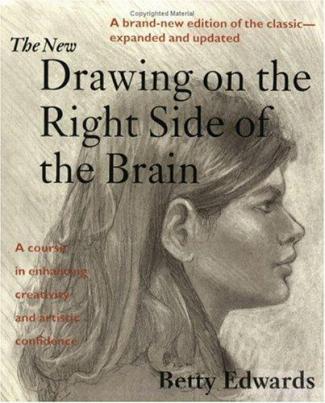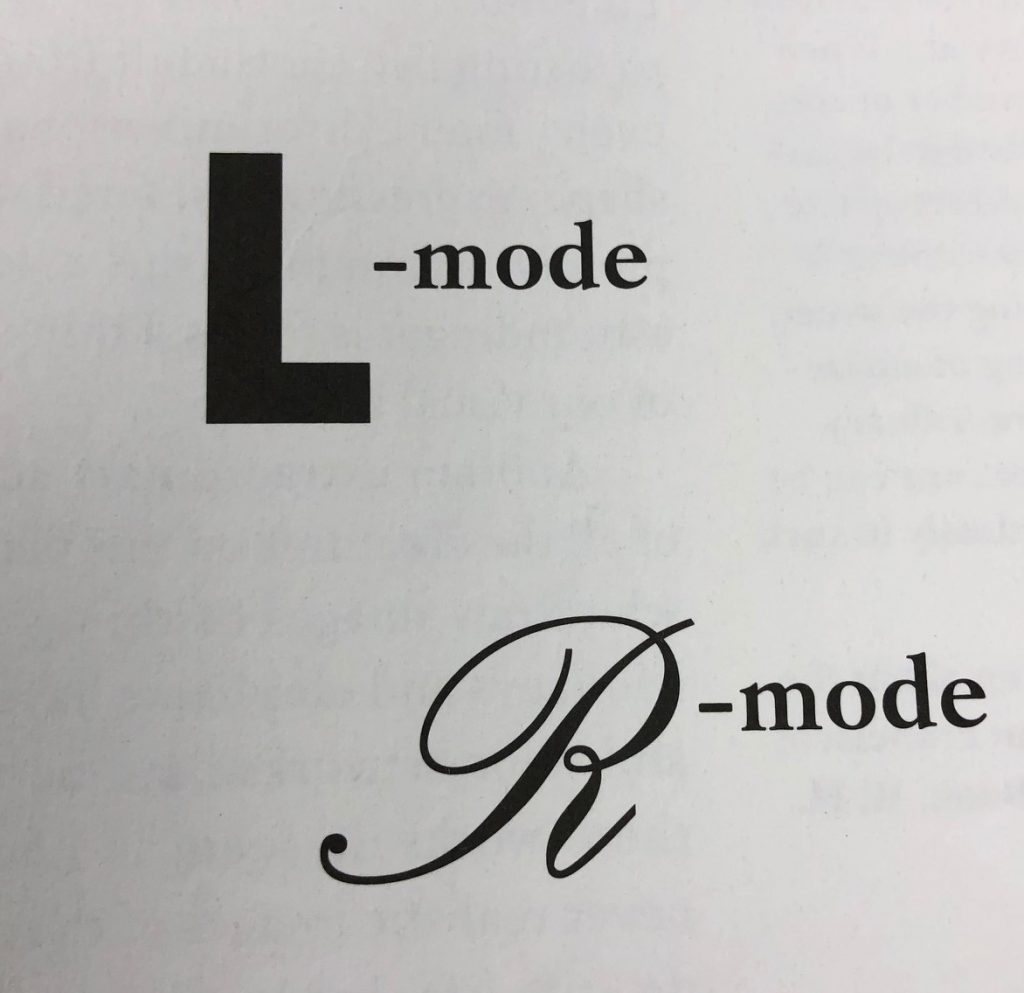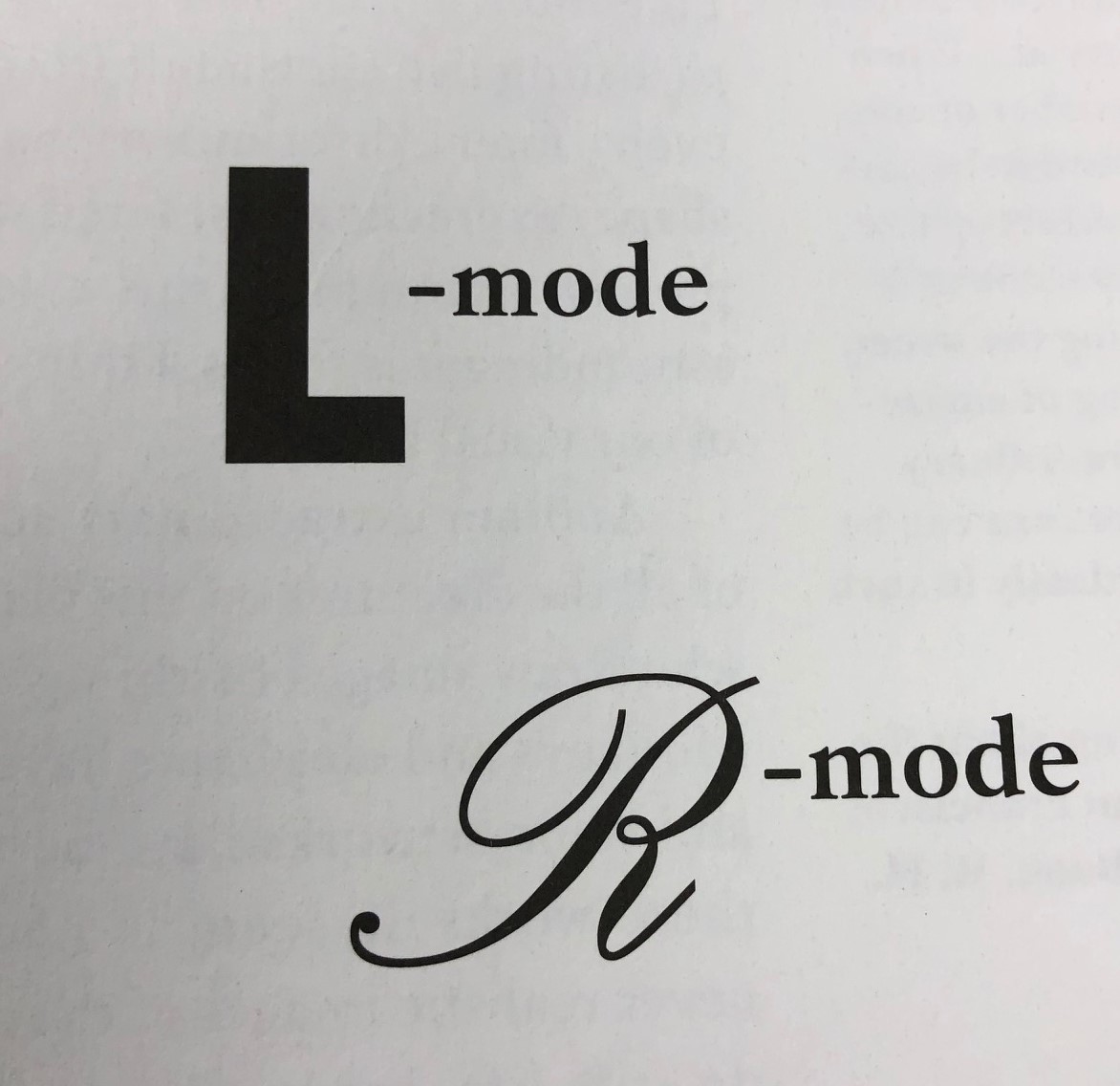Our first Socrates Café meet up of the season is on the books! <— See what we did there?

The Big Q: Which serves you better: being right-brained (visual/intuitive) or left-brained (analytical/methodical)?
True to form, after our group decided on this question of the day, one participant sought to clarify: is the “you” the personal you, or the collective one? Well, it could be either so we allowed answers to either version.
One of the first considerations came from one who had spent his career as a salesman being methodical and linear in his approach. Later he realized that to better connect with his potential customers required certain creativity. This idea led another participant to cite Leonardo da Vinci.
Da Vinci is an example of one person who gained notoriety in his time as a genius in the fields of art, architecture, anatomy and science, presumably utilizing both the right and left sides of his brain remarkably well.
Want to know how Da Vinci did it, and how you can too?

If so, there are two books in our collection that cover harnessing the power of both sides of your brain that you’ll find interesting. The first, by Michael J. Gelb, entitled How to think like Leonardo Da Vinci : Seven Steps to Genius Everyday, offers the reader thinking exercises. The flyleaf summarizes this book this way.
“Drawing on Da Vinci’s notebooks, inventions, and legendary works of art, acclaimed author Michael J. Gelb, introduces seven Da Vincian principles, the essential elements of genius, from curiosita, the insatiably curious approach to life, to connessione, the appreciation for the interconnectedness of all things. With Da Vinci as their inspiration, readers will discover an exhilarating new way of thinking.”

Another book suggested by a participant is [The New] Drawing on the Right Side of the Brain by Betty Edwards. Our copy of this book, originally published in 1979, is a 20th anniversary re-issue having sold 2.5 million copies of the former. With 50 percent more material than the original issue, it is not only a book about drawing but it is also a book about freeing your mind to draw.
Care to narrow your reading solely to the left and right brain thing? Check out Chapter 3; Your Brain: The Right and Left of It.
Conversation about this book led us to consider a well-known perception exercise where the subject uses a picture that is oriented upside down as a guide. The person then attempts to recreate a drawing of the picture. This exercise helps to train the person to draw what she sees rather than what she thinks she sees or what the picture “should” look like.
As is often the case at the Socrates Café, the dissection of an idea occasionally veers a little left or right in other ways.
We covered such topics as the power of dominant hands, and why some people who have brain-affecting diagnoses like ADHD or autism tend to do less well on IQ tests (which are designed for left-brain thinking.)
In a study under the NIH, IQ in children with autism spectrum disorders: data from the Special Needs and Autism Project (SNAP), researchers concluded, “ASD [Autism Spectrum Disorder] was less strongly associated with intellectual disability than traditionally held and there was only limited evidence of a distinctive IQ profile.” This study suggests that “different” thinking methodology does not presume a lack of intelligence.
If this assertion holds as a general baseline for most people who are diagnosed with ASD, we might consider that those so diagnosed have the ability to use the right side of the brain in ways others do not. A patron (whose particular form of autism is associated with left side thinking) cited her abilities as an example, and said that she felt odd knowing that while she is a left-brained thinker, she is also very creative. She believes that being left-brained, for example, helps her in her position as a stage manager because she can see small details in ways that others do not.

Every month we cover a new question chosen by the participants and we attempt to answer that question both based on our experiences and by listening to others’ points of view. We look forward to next month’s Socrates Café meetup. We meet monthly (on Zoom for now). Register now and we’ll send you a Reminder Link to access the meetup the day beforehand. See you then!

